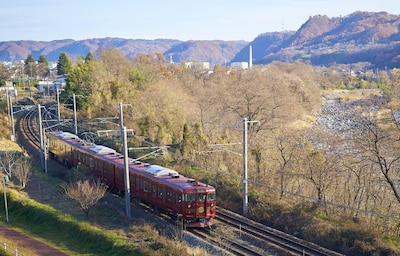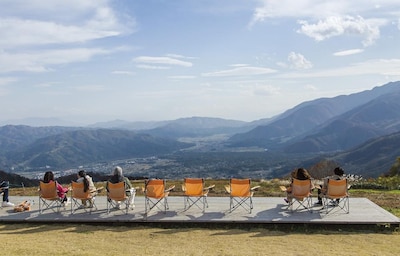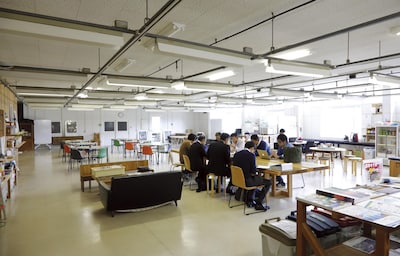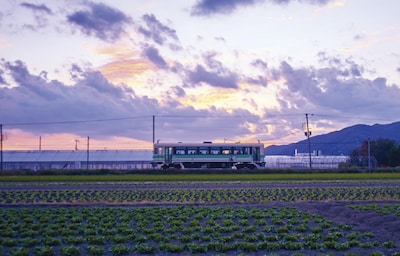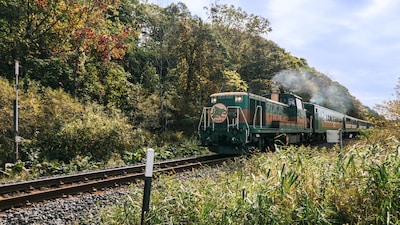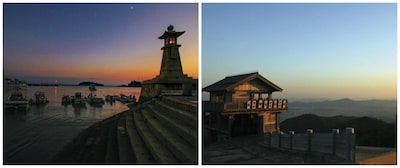
Telling the Tales Behind Historical Sites
World Heritage Site listings and the designation of Cultural Properties are primarily intended to protect sites. But Japan Heritage introduces the stories and historical context behind local Tangible and Intangible Cultural Properties.


